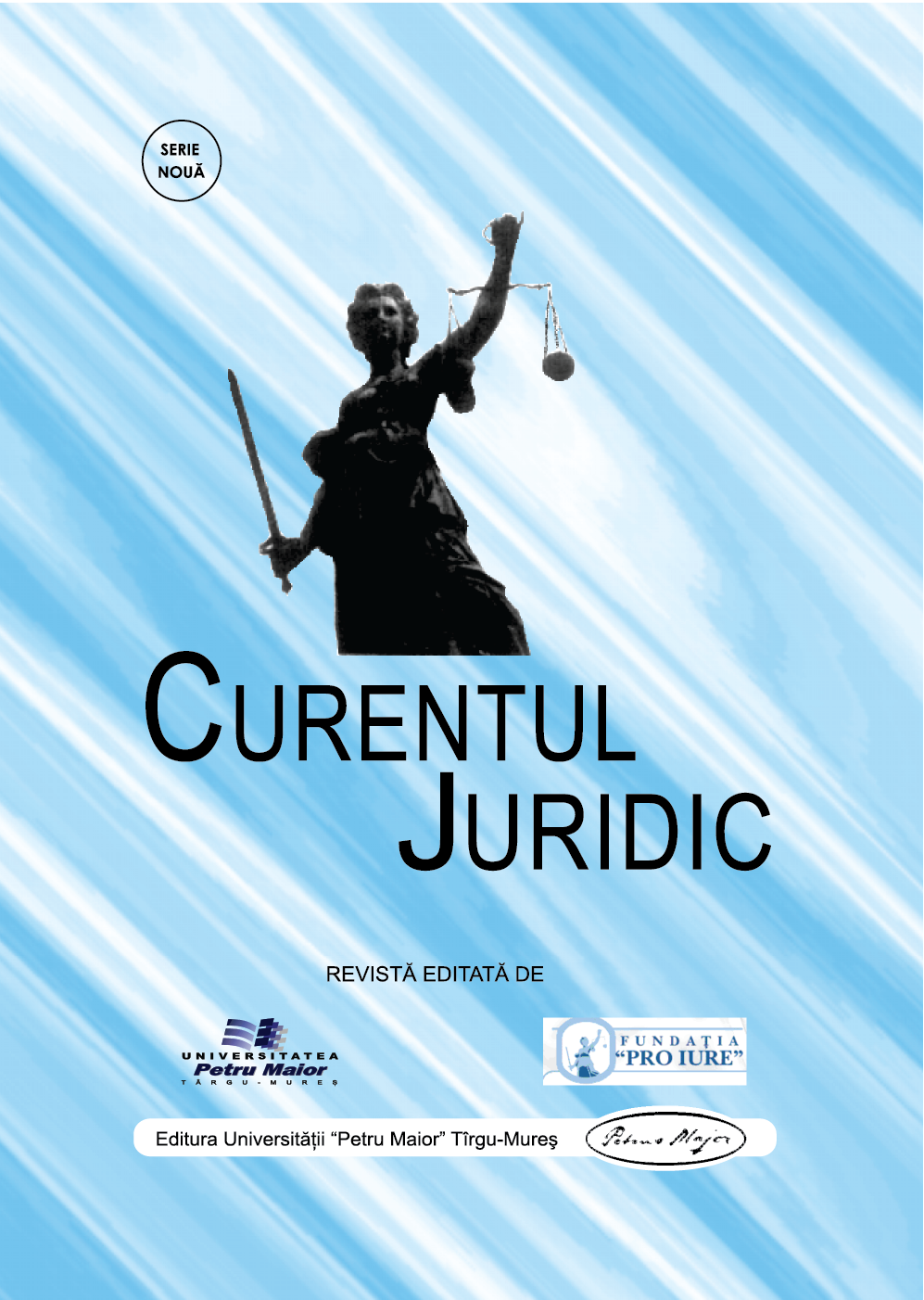ARTIFICIAL INTELLIGENCE AND LAW: A REVIEW OF THE ROLE OF CORRECTNESS IN THE GENERAL DATA PROTECTION REGULATION FRAMEWORK
ARTIFICIAL INTELLIGENCE AND LAW: A REVIEW OF THE ROLE OF CORRECTNESS IN THE GENERAL DATA PROTECTION REGULATION FRAMEWORK
Author(s): Sorina Mihaela BălanSubject(s): Law, Constitution, Jurisprudence, EU-Legislation
Published by: Editura Universităţii Petru Maior
Keywords: Artificial Intelligence (AI); General Data, Protection Regulation (GDPR-2016/679); Big Data analytics; Regulations; Collective rights;
Summary/Abstract: Interest in Artificial Intelligence (AI) research has increased rapidly in recent years, largely due to the many successes of modern machine learning techniques such as deep learning, the availability of large datasets and improvements in computing power. AI is becoming more and more applicable to healthcare and there is a growing list of tasks where the algorithms have matched or exceeded physician performance. Despite the successes, there remain significant concerns and challenges related to the opacity of the algorithm, trust and security of patient data. Despite these challenges, AI technologies will become more and more integrated, for example in emergency medicine in the next years. In 2017, there were many EU and UK legislative initiatives and proposals on the analysis and the impact of artificial intelligence on society, issues of responsibility, legal personality, ethical and legal issues, in the context of increasing volume processing higher data. Since March 2017, the Information Commissioner's Office (UK) has updated its database guide for the development of artificial intelligence and machine learning and to provide GDPR since 25 May 2018. The key challenge for artificial intelligence in personal data processing is to establish that such processing is correct, even with negative social consequences, which are not treated differently by GDPR. The question of the correctness of the regulatory framework is an important part to address the imbalance between big data organisations and personal data subjects, with a series of social and ethical effects to be assessed.
Journal: Curentul Juridic
- Issue Year: 76/2019
- Issue No: 1
- Page Range: 45-53
- Page Count: 9
- Language: English

